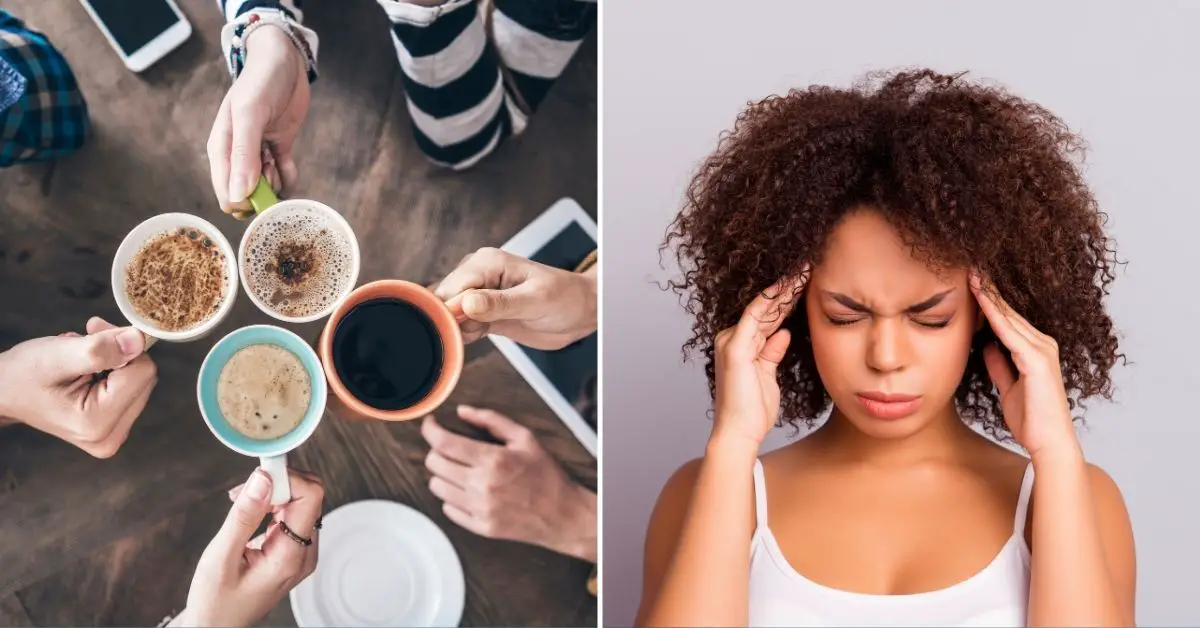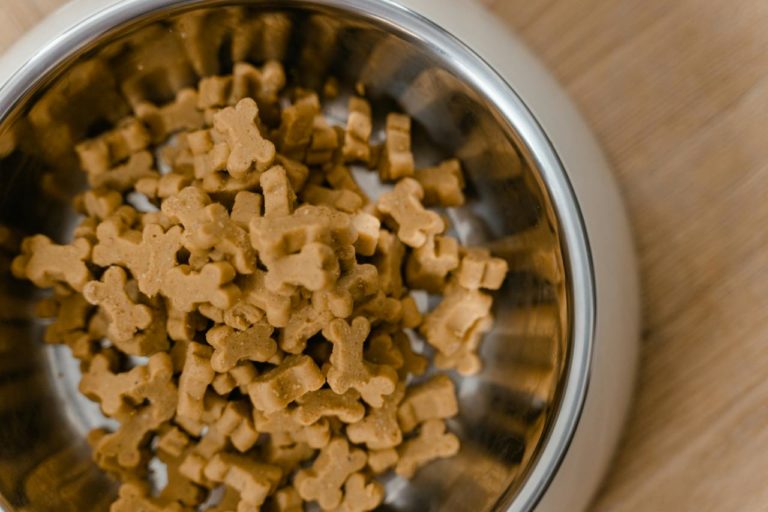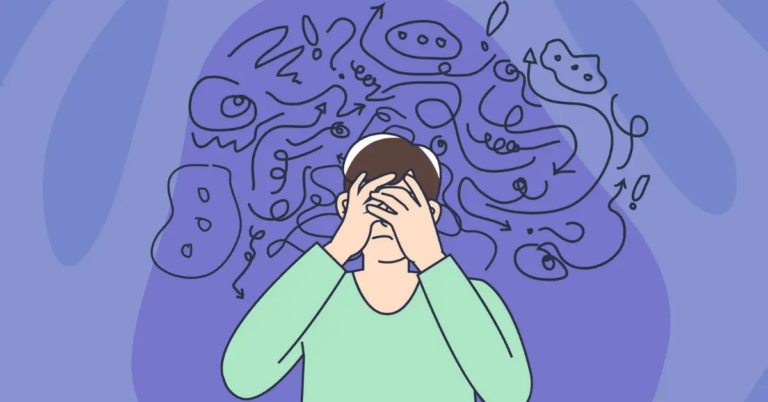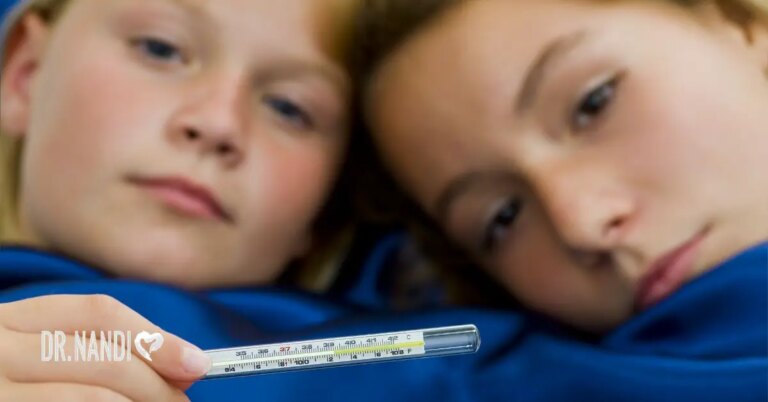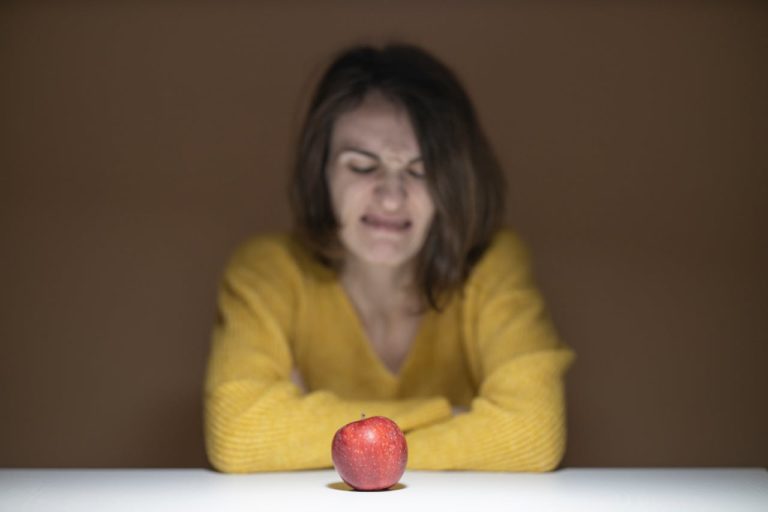Most people don’t think twice about having a morning cup of coffee (or two or three!). But they definitely notice when they skip it. For people used to consuming caffeine, not having it can result in headaches, irritability, fatigue, trouble concentrating, decreased alertness, and a lack of energy. (1)
What many don’t realize is that caffeine is actually a psychostimulant drug. In fact, it’s the most widely used psychostimulant in the world. So if you use caffeine daily and take a day off or stop using it altogether, you may go into caffeine withdrawal and experience the symptoms noted above. (1, 2)
But how does caffeine affect the body and brain, and why do caffeine withdrawal headaches happen? Researchers from the University of Vermont College of Medicine and the Johns Hopkins School of Medicine teamed up to figure that out. (1, 3)
WHY DO CAFFEINE WITHDRAWAL HEADACHES HAPPEN?
In a double-blind study lasting for seven weeks, 16 participants who regularly use caffeine received either caffeine or placebo capsules. The researchers measured the participants’ responses in three different ways. They measured blood flow velocity in the middle and anterior cerebral arteries with ultrasound. The researchers also utilized an electroencephalogram (EEG) to measure brain electrical activity. In addition, participants filled out questionnaires to self-report the subjective effects of the capsules they were taking. (1, 3)
The research team found that stopping caffeine consumption caused changes in all three of the measures they used. Specifically, they found that participants’ cerebral blood flow increased during acute caffeine withdrawal. The researchers connected this change with the withdrawal headaches that many people report after they stop using caffeine. (1, 3)
NO NET BENEFITS OF CAFFEINE USE
Besides learning more about how acute caffeine withdrawal affects the body and brain, the research team came to the conclusion that drinking caffeine every day doesn’t offer any net beneficial effects. They wrote that in the participants’ questionnaires, there was not a significant difference in mood and subjective effects between the participants who took the caffeine capsules and the participants who received the placebo. The study’s authors cited a previous study in which this was also the case. (1, 3)
Stacey Sigmon, Ph.D. is a research associate professor of psychiatry at the University of Vermont and first author on the study. She discussed this unexpected finding, saying “In addition to looking at caffeine withdrawal, this rigorous design also permitted comparison of chronic caffeine maintenance with chronic placebo maintenance, which provides unique information about the extent to which there are net beneficial effects of daily caffeine administration.” (1)
She continued, “In contrast to what most of us coffee lovers would think, our study showed no difference between when the participant was maintained on chronic placebo and when the participant was stabilized on chronic caffeine administration. What this means is that consuming caffeine regularly does not appear to produce any net beneficial effects, based on the measures we examined.” (1)
For those of us that love coffee, this news may come as a blow. If the mood and energy benefits that we associate with coffee don’t actually exist, are the downsides like caffeine headaches still worth it? Each coffee lover will have to decide for themself, but a cup of decaf every once in a while might not be the worst idea.
Sources:



